A majestic big-picture account of the Great Society and the forces that shaped it, from Lyndon Johnson and members of Congress to the civil rights movement and the media
Between November 1963, when he became president, and November 1966, when his party was routed in the midterm elections, Lyndon Johnson spearheaded the most transformative agenda in American political history since the New Deal, one whose ambition and achievement have had no parallel since. In just three years, Johnson drove the passage of the Civil Rights and Voting Rights Acts; the War on Poverty program; Medicare and Medicaid; the National Endowments for the Arts and the Humanities; Public Broadcasting; immigration liberalization; a raft of consumer and environmental protection acts; and major federal investments in public transportation. Collectively, this group of achievements was labeled by Johnson and his team the “Great Society.”
In The Fierce Urgency of Now, Julian E. Zelizer takes the full measure of the entire story in all its epic sweep. Before Johnson, Kennedy tried and failed to achieve many of these advances. Our practiced understanding is that this was an unprecedented “liberal hour” in America, a moment, after Kennedy’s death, when the seas parted and Johnson could simply stroll through to victory. As Zelizer shows, this view is off-base: In many respects America was even more conservative than it seems now, and Johnson’s legislative program faced bitter resistance. The Fierce Urgency of Now animates the full spectrum of forces at play during these turbulent years, including religious groups, the media, conservative and liberal political action groups, unions, and civil rights activists.
Above all, the great character in the book whose role rivals Johnson’s is Congress—indeed, Zelizer argues that our understanding of the Great Society program is too Johnson-centric. He discusses why Congress was so receptive to passing these ideas in a remarkably short span of time and how the election of 1964 and burgeoning civil rights movement transformed conditions on Capitol Hill. Zelizer brings a deep, intimate knowledge of the institution to bear on his story: The book is a master class in American political grand strategy.
Finally, Zelizer reckons with the legacy of the Great Society. Though our politics have changed, the heart of the Great Society legislation remains intact fifty years later. In fact, he argues, the Great Society shifted the American political center of gravity—and our social landscape—decisively to the left in many crucial respects. In a very real sense, we are living today in the country that Johnson and his Congress made.
A profoundly moving collection of unforgettable photographs from conflict zones around the world
Paul Grabhorn’s stunning four-color photographs tell an amazing, essential story—one of hope in the face of violence and deplorable conditions, of dignity in the midst of degradation, of light in the darkness of war and suffering.
Taken on his travels with the International Committee of the Red Cross (ICRC), Grabhorn's captivating images allow readers to witness the activities that occur every day in places that the rest of the world has forgotten or has chosen to ignore. In war-torn countries such as Chechnya, Bosnia, Croatia, and Somalia, the humanitarian work Grabhorn documents is a testament to human compassion and community. Here are the helpers, quietly working day to day to alleviate the suffering of those caught up in conflict wherever it erupts. In many parts of the world, hope may sometimes seem in short supply. Grabhorn’s photographs are an inspiring reminder of the resiliency and the unlimited capacity of the human spirit.
The New York Times bestselling author examines how our sense of touch and emotion are interconnected
Johns Hopkins neuroscientist and bestselling author of The Compass of Pleasure, David J. Linden presents an engaging and fascinating examination of how the interface between our sense of touch and our emotional responses affects our social interactions as well as our general health and development. Accessible in its wit and clarity, Touch explores scientific advances in the understanding of touch that help explain our sense of self and our experience of the world.
From skin to nerves to brain, the organization of the body’s touch circuits powerfully influences our lives—affecting everything from consumer choice to sexual intercourse, tool use to the origins of language, chronic pain to healing. Interpersonal touch is crucial to social bonding and individual development. Linden lucidly explains how sensory and emotional context work together to distinguish between perceptions of what feels good and what feels bad. Linking biology and behavioral science, Linden offers an entertaining and enlightening answer to how we feel in every sense of the word.
A holistic health counselor and co-star of award-winning documentary "Super Size Me" explores women's cravings--for food, sleep, sex, movement, companionship, inspiration--and teaches them to listen to their bodies for a healthier, fuller life.
Transformational health expert Alexandra Jamieson is a woman on a mission. Having overcome her own food addictions and the weight and health problems these habits caused, she learned something life-altering: when we listen to our cravings, they will lead us onto the path of deep healing. Since her own personal breakthrough more than a decade ago, Alexandra has dedicated her life to helping other women learn to listen to the wisdom of their cravings and make food their greatest ally as they step into their lives with authentic passion.
In this powerfully feminine manifesto, Alexandra dares us to face our cravings head-on, to make the self-commitment to no longer hide out behind food, self-loathing, or the limiting expectations of others. With love, deep compassion, and fearless honesty, she calls upon all of us to boldly use food as a tool to cleanse ourselves of the nutritional, emotional, physical, and mental blocks that limit our ability to live full, meaningful, and joyful lives.
In this book she'll show us how:
- Our cravings are the gatekeepers of our deepest longings and desires
- Transforming habits set us free
- Detoxing unclutters our bodies and minds so we may engage in our lives with more power and authenticity
- Embracing our sexual selves makes us more powerful
- Trusting ourselves and surrounding ourselves with a nurturing community is essential for a vital, healthy, hot life
- Our cravings are the gatekeepers of our deepest longings and desires
- Transforming habits set us free
- Detoxing unclutters our bodies and minds so we may engage in our lives with more power and authenticity
- Embracing our sexual selves makes us more powerful
- Trusting ourselves and surrounding ourselves with a nurturing community is essential for a vital, healthy, hot life
The harder we try to change, the deeper in the hole we get. We find a new partner but have the same old fights. We strive for an ever bigger paycheck but end up broke at a higher income bracket.
This is what happens when the basic principle of life--the Law of Emergence--is disrupted, stopping you from knowing that "you" are the perfect you. Like an acorn is a perfect acorn that becomes a perfect oak tree, there is not a part of you from beginning to end that isn't exactly what you should be.
The Law of Emergence provides the foundation to re-engage with this ancient principle. In this seven-stage framework, spiritual life coach Derek Rydall shows that we aren't lacking anything; everything we need to fulfill our full potential is already inside us.
Backed by an ancient truth that has largely been lost, Rydall changes the conversation around how to achieve your potential by showing you how to activate the genius already in you and empower your purpose in life.
New York Times bestselling author, comedian, and actor Patton Oswalt shares his entertaining memoir about coming of age as a performer and writer in the late ’90s while obsessively watching classic films at the legendary New Beverly Cinema in Los Angeles.
Between 1995 and 1999, Patton Oswalt lived with an unshakeable addiction. It wasn’t drugs, alcohol, or sex. It was film. After moving to L.A., Oswalt became a huge film buff, absorbing classics and new releases at least three nights a week at the New Beverly Cinema. Silver screen celluloid became Patton’s life schoolbook, informing his notions of acting, writing, comedy, and relationships. Set in the nascent days of the alternative comedy scene, Oswalt’s memoir chronicles his journey from fledgling stand-up comedian to self-assured sitcom actor, with the colorful New Beverly collective supporting him all along the way.
Ideally timed for awards season, when everyone’s mind is on Hollywood, Silver Screen Fiend follows up on the terrific reception of Oswalt’s New York Times bestselling debut, Zombie Spaceship Wasteland. Already a beloved fixture on the comedy stage, on television, and in film—not to mention his 1.1 million Twitter followers—Oswalt announces, with this second book, that he’s also here to stay on the page.
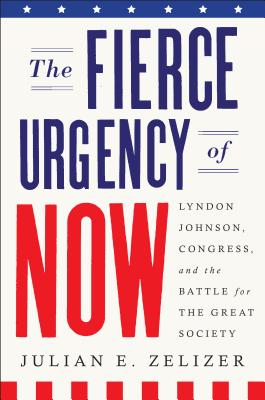

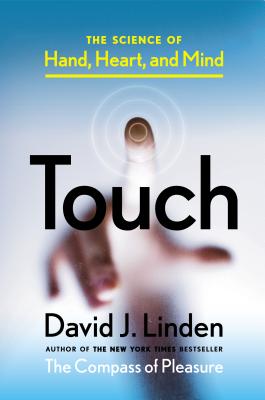
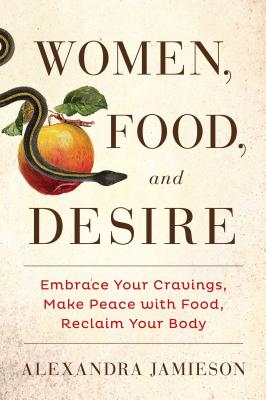
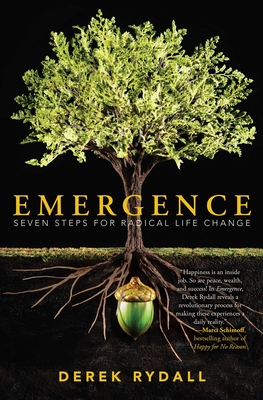
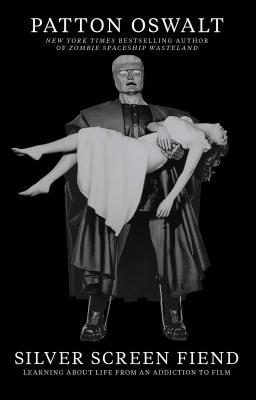
No comments:
Post a Comment